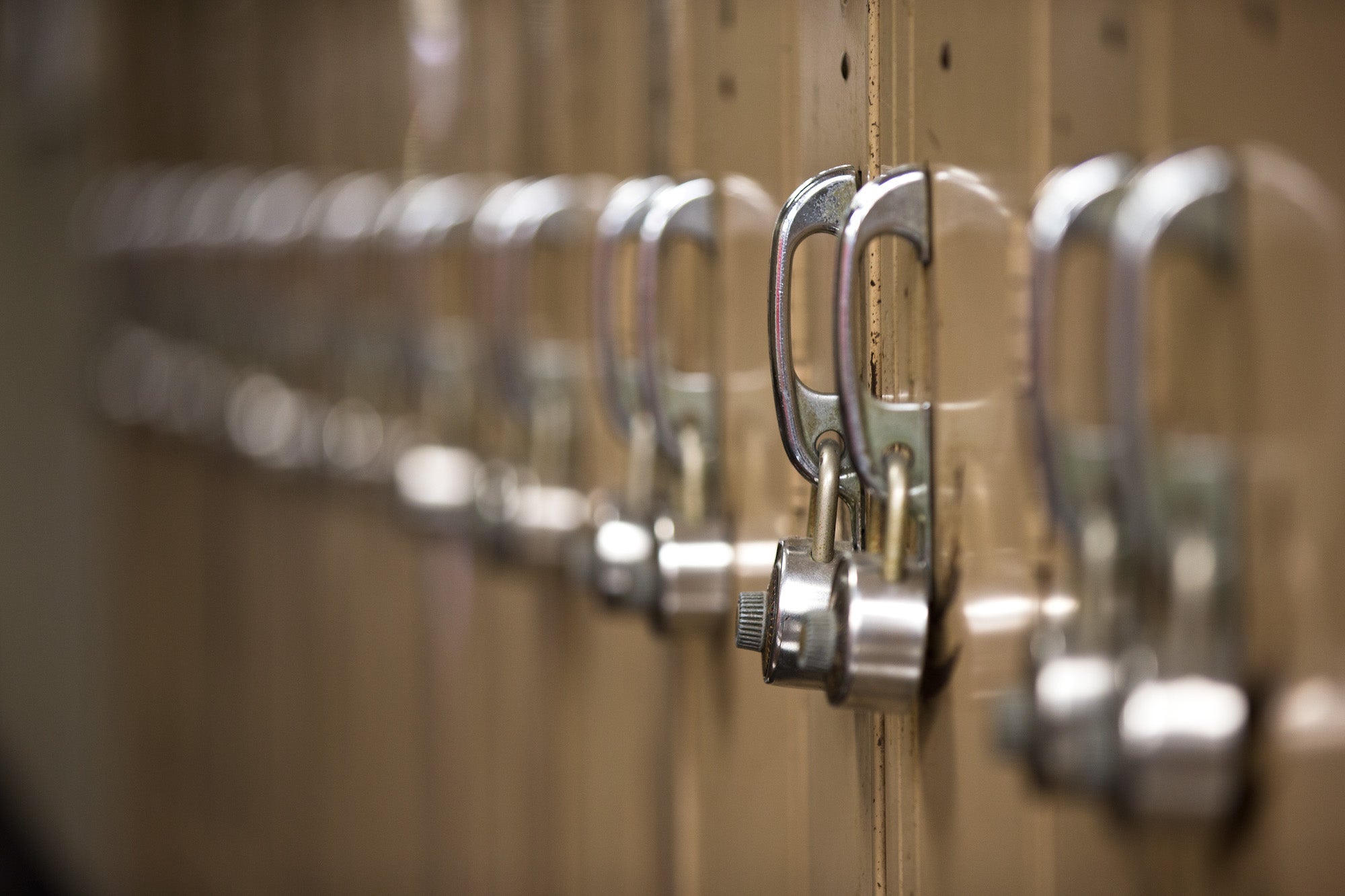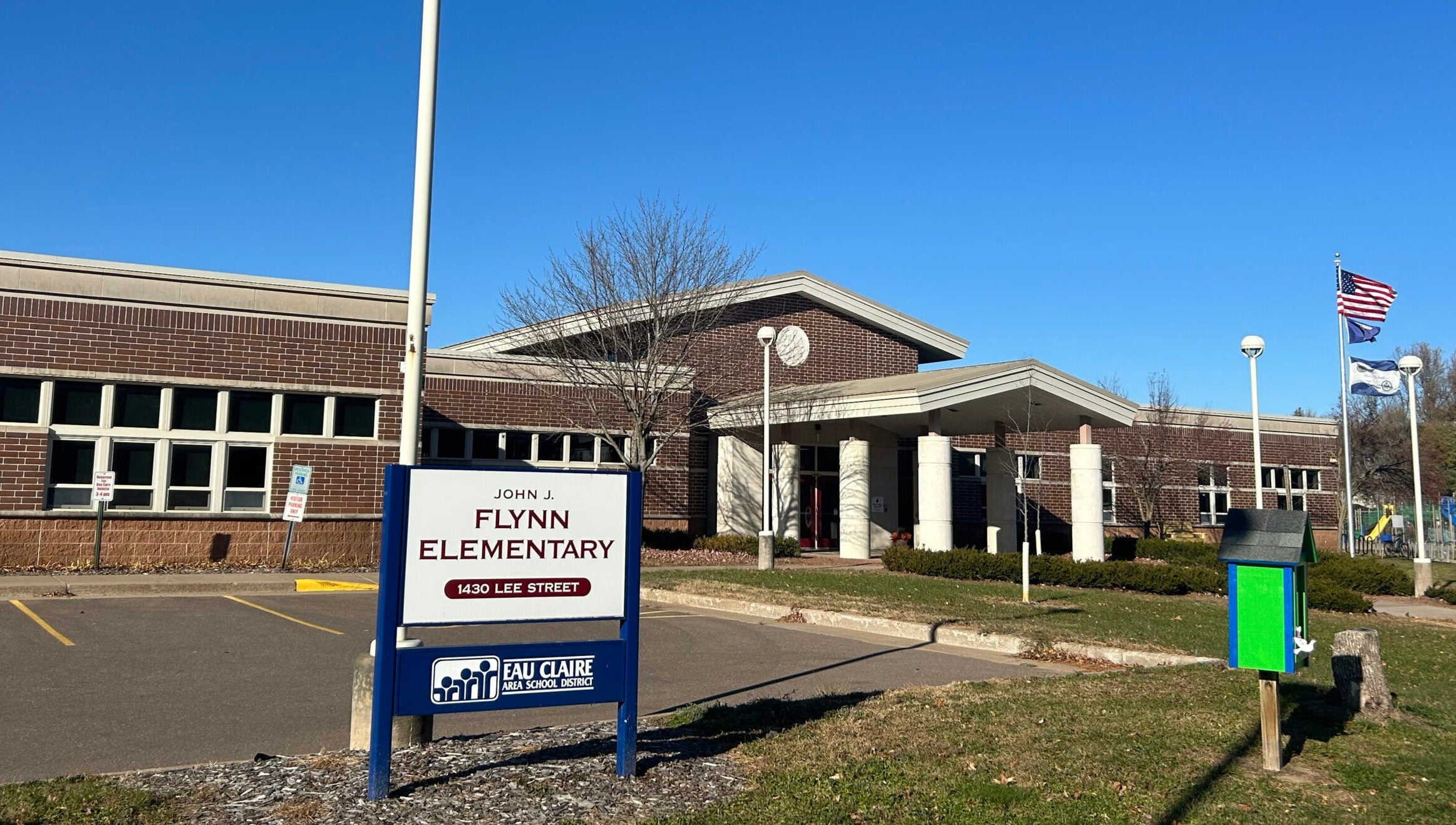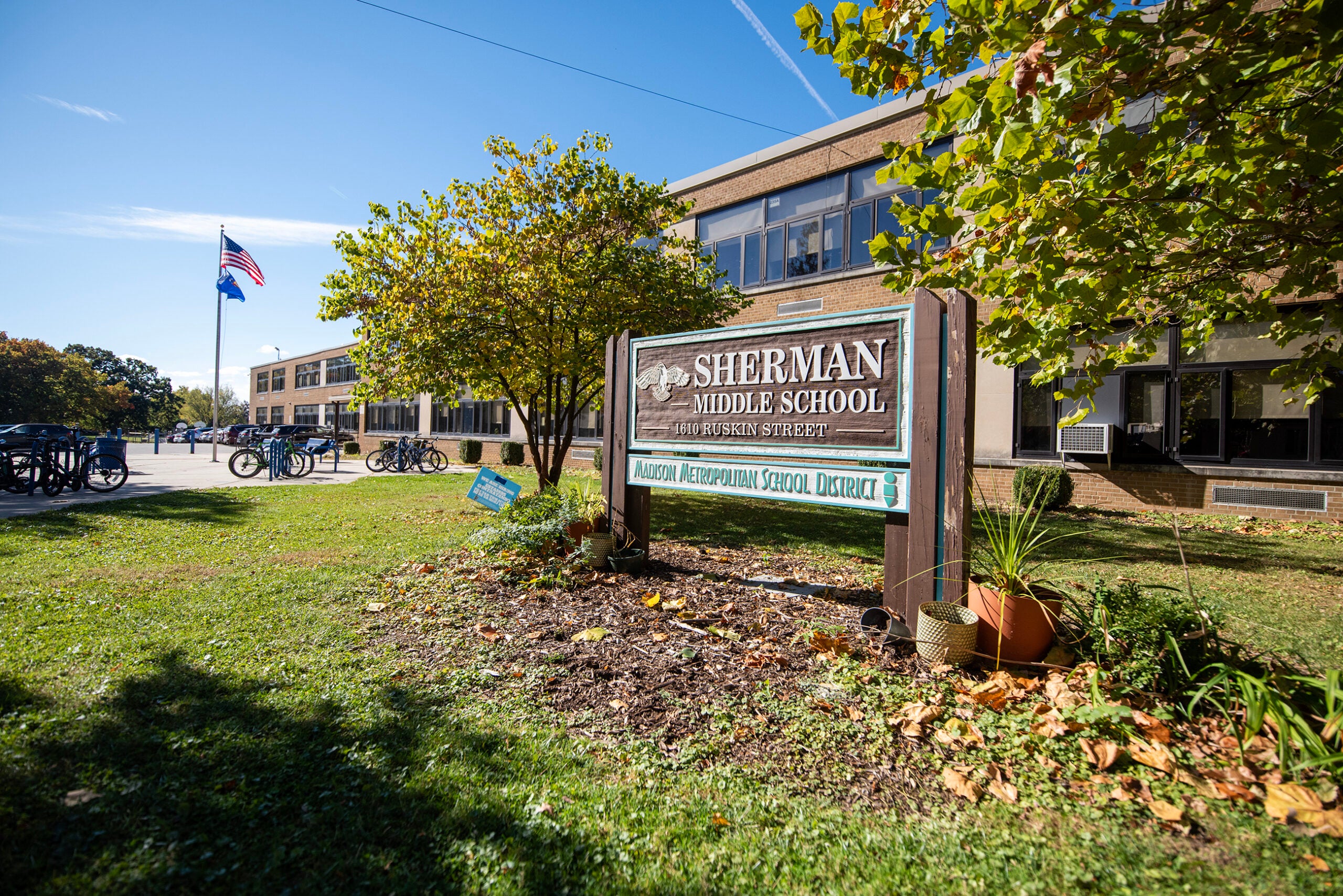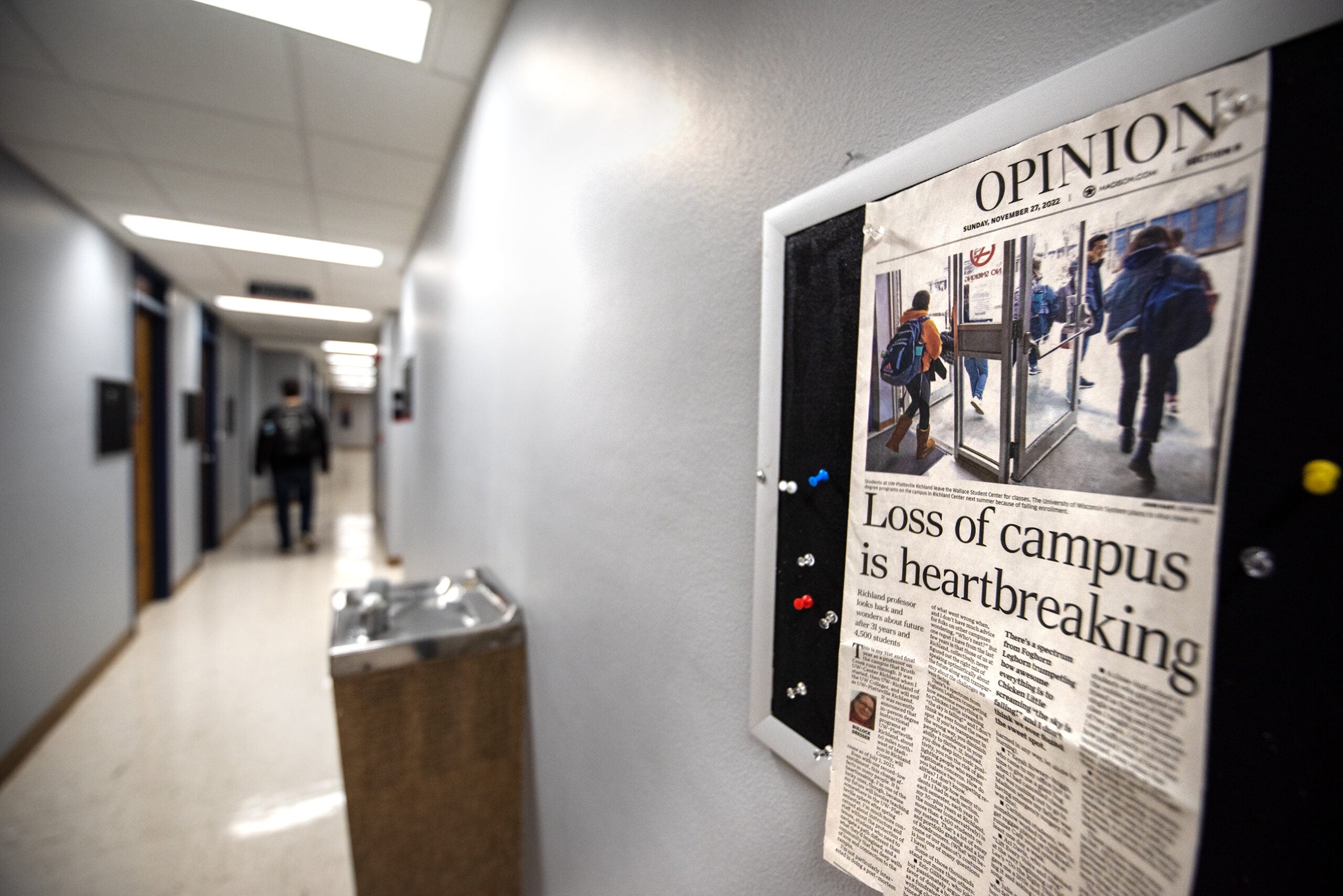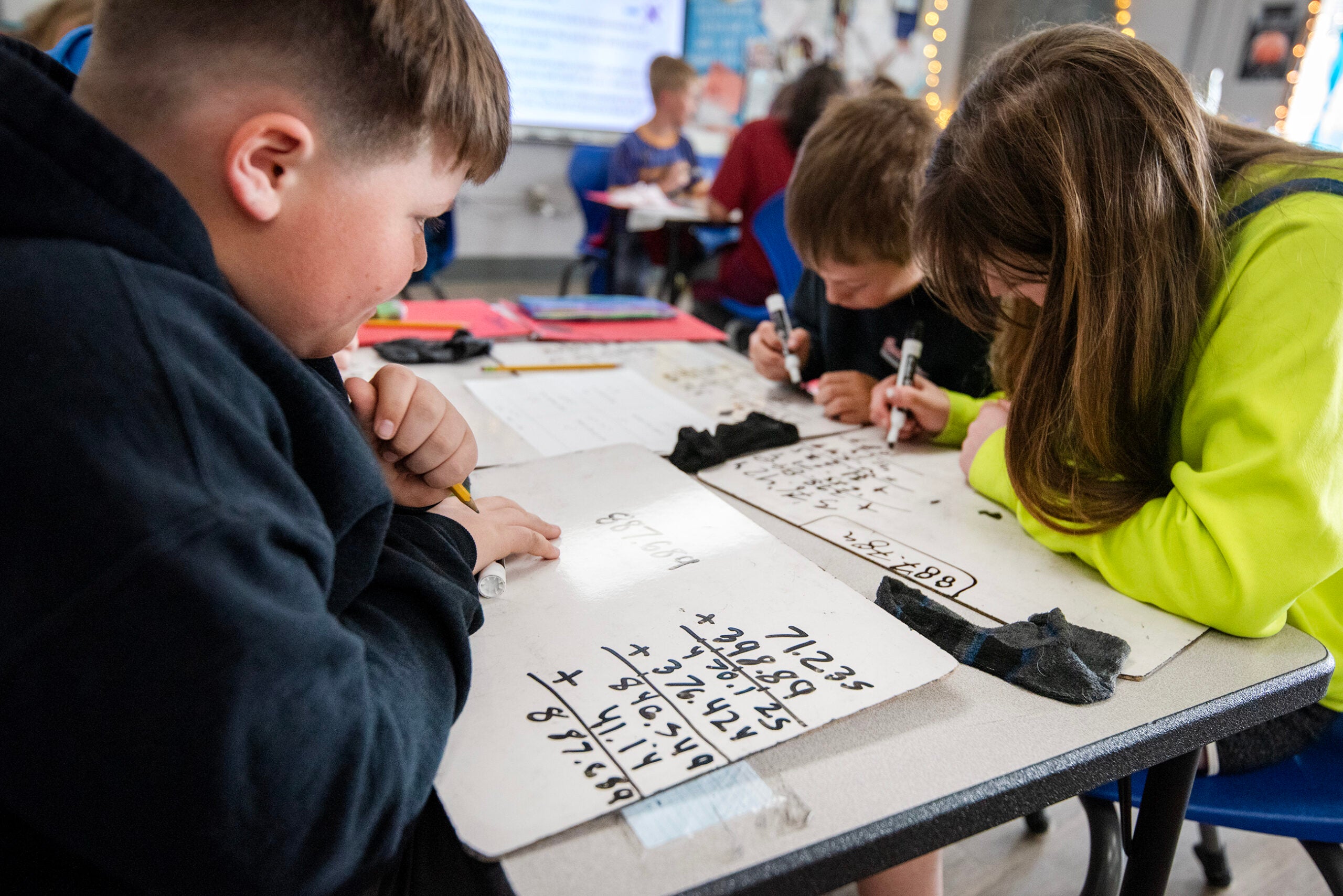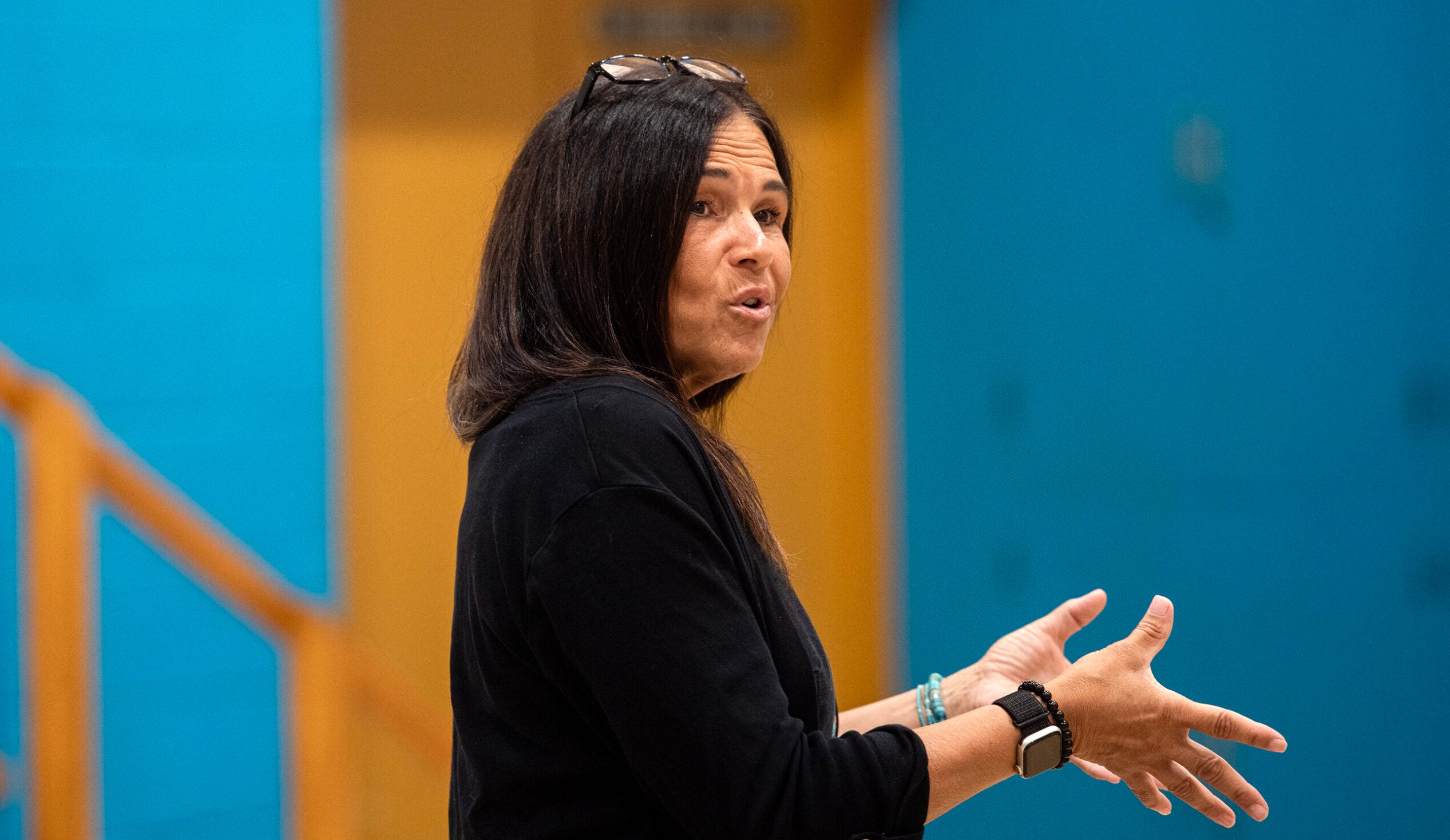Gov. Tony Evers announced late Friday that he’s directing the state Department of Health Services to issue an order mandating statewide closure of all public and private schools becaue of the spreading COVID-19.
The closure of all K-12 schools will begin 5 p.m. Wednesday. The order seeks to give schools time to draw up plans for families, teachers and staff. Other schools that had already announced Friday plans to close earlier may continue to do so.
“Closing our schools is not a decision I made lightly, but keeping our kids, our educators, our families, and our communities safe is a top priority as we continue our work to respond to and prevent further spread of COVID-19 in Wisconsin,” said Evers in a news release.
News with a little more humanity
WPR’s “Wisconsin Today” newsletter keeps you connected to the state you love without feeling overwhelmed. No paywall. No agenda. No corporate filter.
In the order, DHS Secretary Andrea Palm said the closure of schools is a “reasonable and necessary step” to prevent the spread of the new coronavirus, noting it doesn’t prevent schools from providing online instruction to students.
RELATED: Top Wisconsin Health Official Answers Your COVID-19 Questions
The governor expects to reopen schools Monday, April 6, but the date is subject to change as the situation evolves.
Public and private schools were making plans to close prior to the governor’s Friday announcement. State Schools Superintendent Carolyn Stanford Taylor asked school districts and health departments to be in close coordination with the state Department of Public Instruction when making decisions on the length of school closures.
“We know schools are thinking about the anticipated academic and economic impacts, and unintended impacts of these decisions, and are planning for ways to provide critical supports to kids and families, such as food insecurity,” said Stanford Taylor in a statement. “The DPI remains in constant communication with the Wisconsin Department of Health Services and the Wisconsin Department of Administration as we continue monitoring this evolving situation. We are committed to offering our continuous support to students and educators.”
The Whitefish Bay School District announced Friday afternoon it would close for the next four weeks with the possibility of extending that timeframe.
“In consideration of the unprecedented situation in Wisconsin and the nation, both the North Shore and Washington Ozaukee Public Health Departments support ‘medium length’ school closures for schools to mitigate the spread of COVID-19 in our communities,” wrote Whitefish Bay District Administrator John Thomsen.
Districts that made announcements to close prior to Evers’ announcement include: Whitefish Bay, Brown Deer, Cedarburg, Cudahy, Fox Point-Bayside, Germantown, Glendale-River Hills, Grafton, Maple Dale-Indian Hill, Merton Community, Nicolet, Northern Ozaukee, Port Washington, Mequon-Thiensville, and Shorewood. Madison Country Day School in Waunakee also announced Friday would be the last in-person school session until at least April 6.
Brown Deer School District Administrator Deb Kerr said their decision was based on recommendations from local public health officials and the Centers for Disease Control and Prevention. She said the district is working with churches and other community organizations to continue providing meals to students that qualify for free or reduced lunch, either through meal delivery or mobile pick up sites.
“We also have kids that are homeless, so we have to think about what can we do best to serve their needs? We have special education needs of our students. We have to follow the (individualized education programs) on how we service them,” Kerr said earlier Friday.
Many of the district’s closures include all extracurricular activities, school-related trips, community events, programs and child care.
The Madison Metropolitan School District planned to announce its own closure plans at a press conference Friday, but Evers mandated his statewide shutdown right before it was set to begin.
Superintendent Jane Belmore said the closure is unprecedented.
“We’ve been working to really collaborate on how to best address this place that none of us have ever been before,” Belmore said.
RELATED: COVID-19 In Wisconsin: Your Questions, Answered
Belmore didn’t know whether or not students will have to make up the missed class time, or if events like proms and graduation will be canceled, because the answers depend on how long the closures continue, she said.
Madison students will not have any required schoolwork during the closure, but the district plans to send home books and packets, as well as provide online resources, Belmore said.
District staff assured that students who rely on school for meals will be able to get breakfast and lunch at designated food drop-off sites, similar to the meals program the district runs over the summer.
Milwaukee Public Schools announced Friday evening they would be closing all schools beginning Monday, March 16.
Milwaukee Superintendent Keith Posley said the district would be providing free meals Monday through Friday beginning the same day schools would close.
Prior to the governor’s announcement, other districts like Wauwatosa Schools planned to move classes online for all students beginning Tuesday. Parent Bobby Pantuso has four kids in the district — a senior, freshman, sixth grader and kindergartner.
“The senior and the freshman are probably in the best position because they have some online components already to a lot of their schooling, but the middle schooler — this will be very new to him,” said Pantuso. “And, the kindergartner — I don’t know how online learning works for kindergarten.”
Still, he thinks it’s necessary to keep people away from each other to prevent the disease’s spread.
The CDC has been recommending schools close in any school-based case of coronavirus to decontaminate facilities. School officials may consider closing school for two weeks to four weeks in response to any significant absence among staff or students or to prevent larger spread of the virus in communities that are seeing substantial spread of the disease.
According to the federal agency, data shows school closures of two to four weeks don’t impact the curve of the virus, such as the number of hospitalizations. Longer closures of eight weeks to 20 weeks may have some impact, but other prevention measures like hand washing and home isolation play a larger role in preventing the spread of the disease.
Abroad, places like Hong Kong that closed schools haven’t had more success in reducing the spread of COVID-19 compared to those that haven’t.
Editor’s note: WPR’s Hope Kirwan and Miranda Suarez contributed to this report. This story will be updated.
Wisconsin Public Radio, © Copyright 2025, Board of Regents of the University of Wisconsin System and Wisconsin Educational Communications Board.

